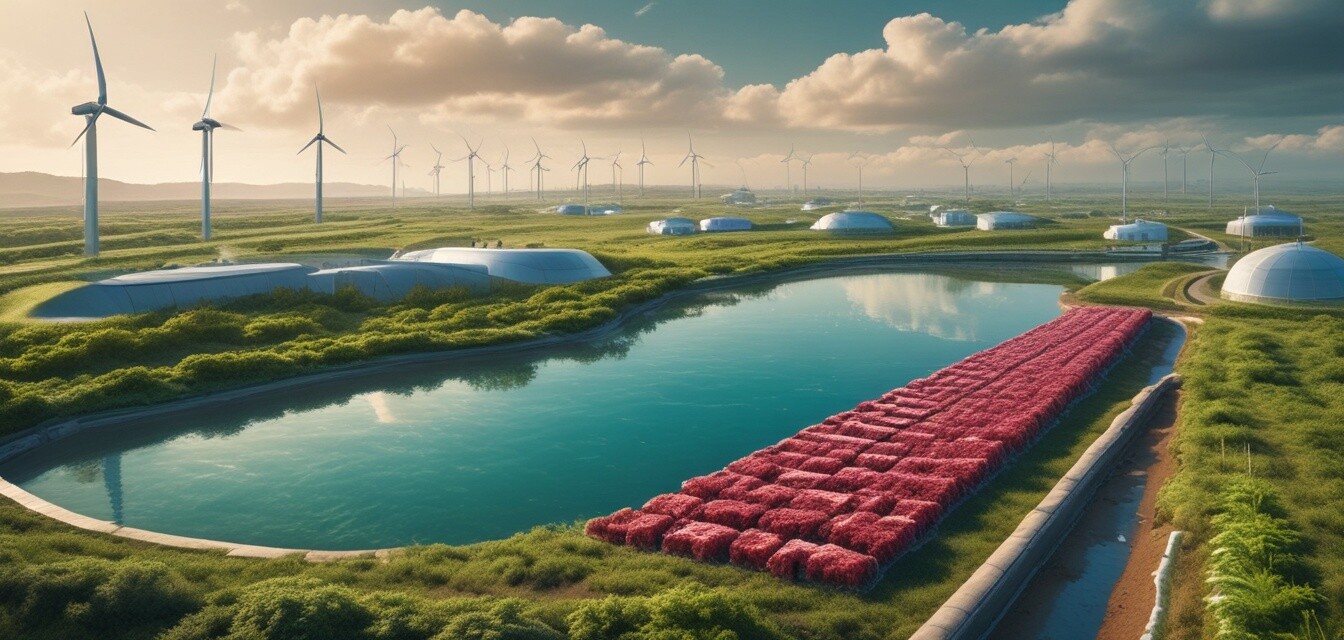
The Future of Sustainable Protein Production
Key Takeaways
- Sustainable protein production is essential for reducing environmental impact.
- Innovations include lab-grown meat, plant-based alternatives, and advanced aquaculture.
- Consumer demand for ethical and sustainable options is rising.
- Regulatory frameworks are evolving to support sustainable practices.
- Collaboration among industries is key to driving change.
The world is witnessing a transformative shift in the way we produce protein. With concerns about environmental sustainability, animal welfare, and global nutrition on the rise, the supplement industry is adapting to meet the changing demands of consumers. This article will explore future trends in sustainable protein production and their implications for the supplement sector.
The Need for Sustainable Protein
As the global population continues to grow, the demand for protein sources is increasing. Traditional livestock farming is resource-intensive, contributing to deforestation, methane emissions, and water scarcity. Consequently, the need for sustainable alternatives is more pressing than ever.
Key drivers of change in protein production:
- Environmental concerns: Reducing the carbon footprint associated with protein production.
- Health consciousness: Rising awareness of the health impacts of meat consumption.
- Consumer preferences: Increasing demand for ethical and sustainable food choices.
Emerging Trends in Sustainable Protein Production
The landscape of protein production is evolving rapidly, with several trends shaping the future of sustainable practices:
| Method | Description | Advantages | Challenges |
|---|---|---|---|
| Lab-Grown Meat | Meat produced from cultured cells in a lab environment. | Reduced land use and emissions. | High production costs and regulatory hurdles. |
| Plant-Based Proteins | Proteins derived from plants, such as soy, peas, and lentils. | Lower environmental impact with diverse nutrition. | Needs consumer education and acceptance. |
| Insect Farming | Raising insects for their protein content. | High feed conversion efficiency and lesser resource input. | Cultural acceptance and perception issues. |
| Aquaculture | Sustainable farming of fish and seafood. | Efficient protein source with minimal environmental impact. | Overfishing and habitat destruction can be concerns. |
The Role of the Supplement Industry
As consumers shift towards more sustainable protein sources, the supplement industry is uniquely positioned to capitalize on this trend. Supplements made from plant-based proteins or those derived from lab-grown processes represent an exciting opportunity for growth.
How businesses can adapt:
- Incorporate sustainable protein sources into product lines.
- Invest in research and development for innovative sustainable supplements.
- Educate consumers on the benefits of sustainable options.
Consumer Trends and Expectations
Today's consumers are more informed and cautious about their choices. They are seeking products that are not only healthy but also ethically produced. Brands that embrace transparency about their sourcing and production practices are likely to gain consumer trust.
Strategies for success:
- Provide clear information about ingredient sourcing.
- Commit to sustainable practices in production and packaging.
- Engage with customers through social media and educational content.
The Path Ahead
The future of sustainable protein production lies in the collaboration among various stakeholders, from farmers to manufacturers and consumers. As the regulatory landscape becomes more favorable to sustainable practices, innovative solutions will emerge. The supplement industry has the opportunity to lead in promoting these sustainable advancements.
Pros
- Environmentally friendly production methods reduce carbon emissions.
- Growing market demand offers business opportunities.
- Sustainable practices can enhance brand loyalty.
Cons
- High initial investment for research and development.
- Regulatory hurdles may impede quick market entry.
- Consumer education is required to change perceptions.
Conclusion
The evolution of sustainable protein production is not just a trend; it represents a necessity for a healthier planet and population. As we look to the future, businesses in the supplement industry must embrace these changes to thrive and meet the needs of conscious consumers. By adopting sustainable practices, we can work towards a more ethical and environmentally-friendly supplement landscape.
For more information about how you can incorporate sustainable practices into your lifestyle, check out our Sustainability Tips section. To explore various options for ethical supplements, visit our Protein Supplements page.